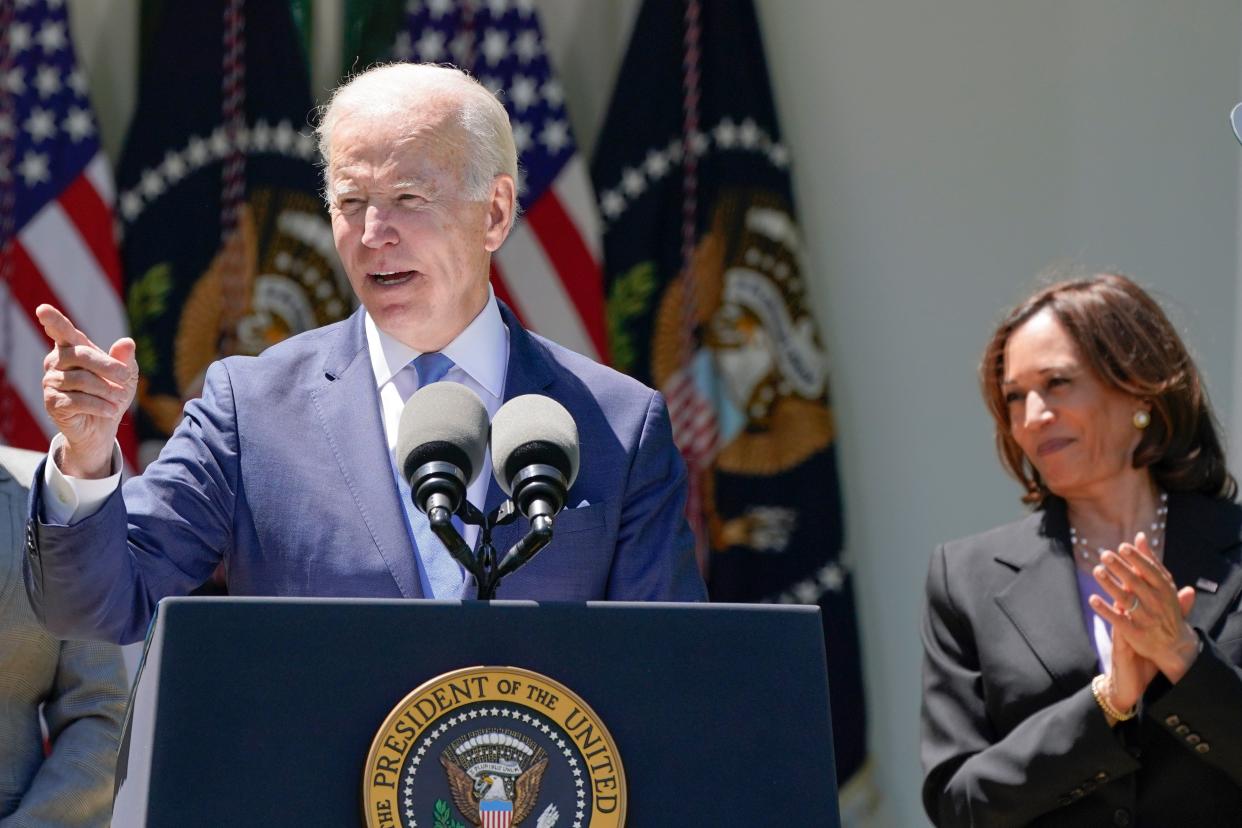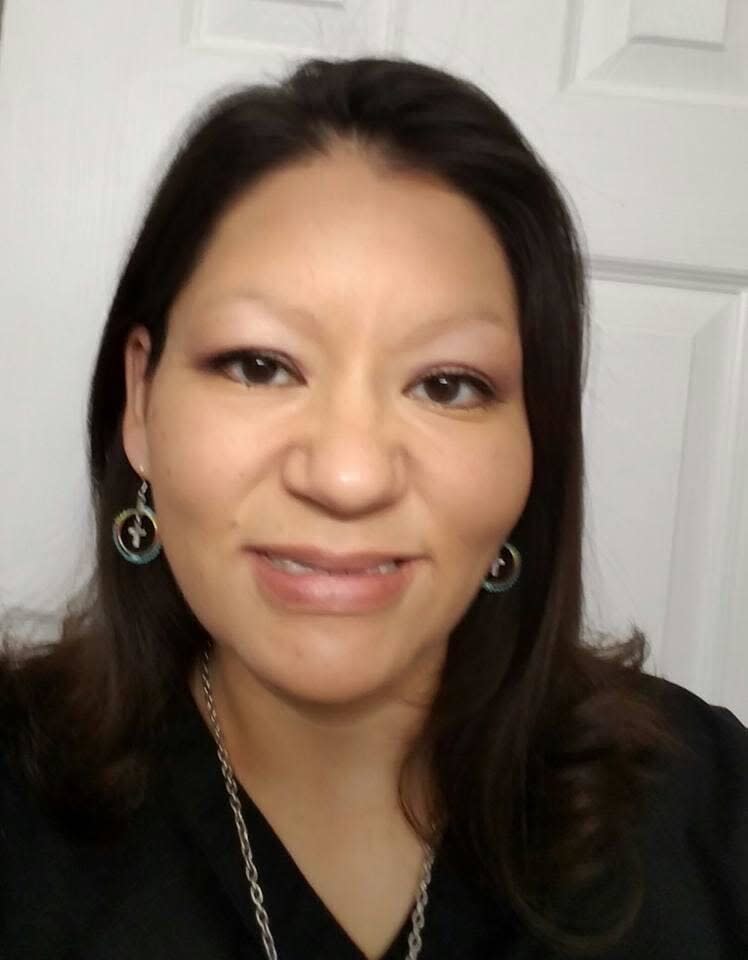Guest column: Internet access is essential. It should not be a luxury.

I grew up on Chickasaw Nation land, and I always knew I wanted to return to raise my children there. It’s a small community of 3,000 where everyone knows one another. Neighbors watch out for one another's children, and help care for those in need. My children will get their education in the same local school system where I graduated. Most importantly, I am raising them surrounded by our culture and history.
But, our town is in one of the poorest areas in Oklahoma, with an overall poverty rate hovering about 30%. In a state where the minimum wage is a measly $7.25 an hour, it is increasingly difficult to keep up with the cost of living, let alone provide for a family on such low wages. Even as a full-time nurse, I find it difficult to make ends meet for my family of six.
Rural and Indigenous communities like ours were particularly hard hit by the economic fallout of the pandemic. Families already struggling to pay the bills and keep food on the table were forced to make difficult decisions. My family was prepared to give up access to the internet in order to afford food and gas. Fortunately, because of the Affordable Connectivity Program, I didn’t have to make that decision. Once I applied, my monthly bill went from $100 to $24.
The program is part of President Joe Biden's Infrastructure bill, which Congress passed last November. The Affordable Connectivity Program ensures that working class people have access to high-speed, affordable internet service. People living on tribal lands can qualify for a discount of up to $75 for a 100 mbps plan. For some plans, it would cover the entire cost of the internet bill.
But it isn’t just for low income households or people living on tribal land. In fact, 40% of households across the country qualify for reduced high speed internet — that’s roughly 48 million households.
The pandemic made access to the internet as essential as water or electricity. My children’s school shifted to online instruction during the early months of quarantine, and even now, they still do all of their schoolwork on laptops both at school and at home. I work from home two days a week, and I need a strong internet connection to work while my children and husband are also online. Without reliable, high-speed internet, I wouldn’t be able to work, my children could not complete any of their school work, and staying connected with friends and extended family — which is more important than ever before — would be impossible.
But, like many tribal lands throughout the country, Chickasaw Nation is very rural and lacks the broadband infrastructure that makes the internet affordable and more accessible in more urban areas. The price for high-speed internet in our rural area came in about $100 a month. A steep, but absolutely necessary expense.
So, I felt a wave of relief when I received my first internet bill since qualifying for the Affordable Connectivity Program. That savings has freed up money in our budget to weather the economic uncertainty from the ongoing pandemic.
Now, I tell everyone I know about the program. There are a lot of people living below the poverty line in Chickasaw nation who will benefit from this savings. Depression is a serious problem in the Chickasaw nation, and affordable internet service is essential to ensuring that folks facing mental health crises can access telehealth services, connect to resources, and reach out to others to ease feelings of loneliness.
For too long, society has treated internet access as a luxury, leaving millions of people — especially rural and indigenous communities — behind as life moves increasingly online. As we emerge from the pandemic, our country is more reliant on internet connectivity than ever before, but access remains an issue for many. Indigenous communities deserve access to affordable and quality internet. When Americans everywhere are feeling the pinch, I’m glad this administration is taking steps to cut costs.

Kandie Guynn lives with her husband and four children in Tishomingo.
This article originally appeared on Oklahoman: Biden's plan allows Indigenous communities in Oklahoma internet access

